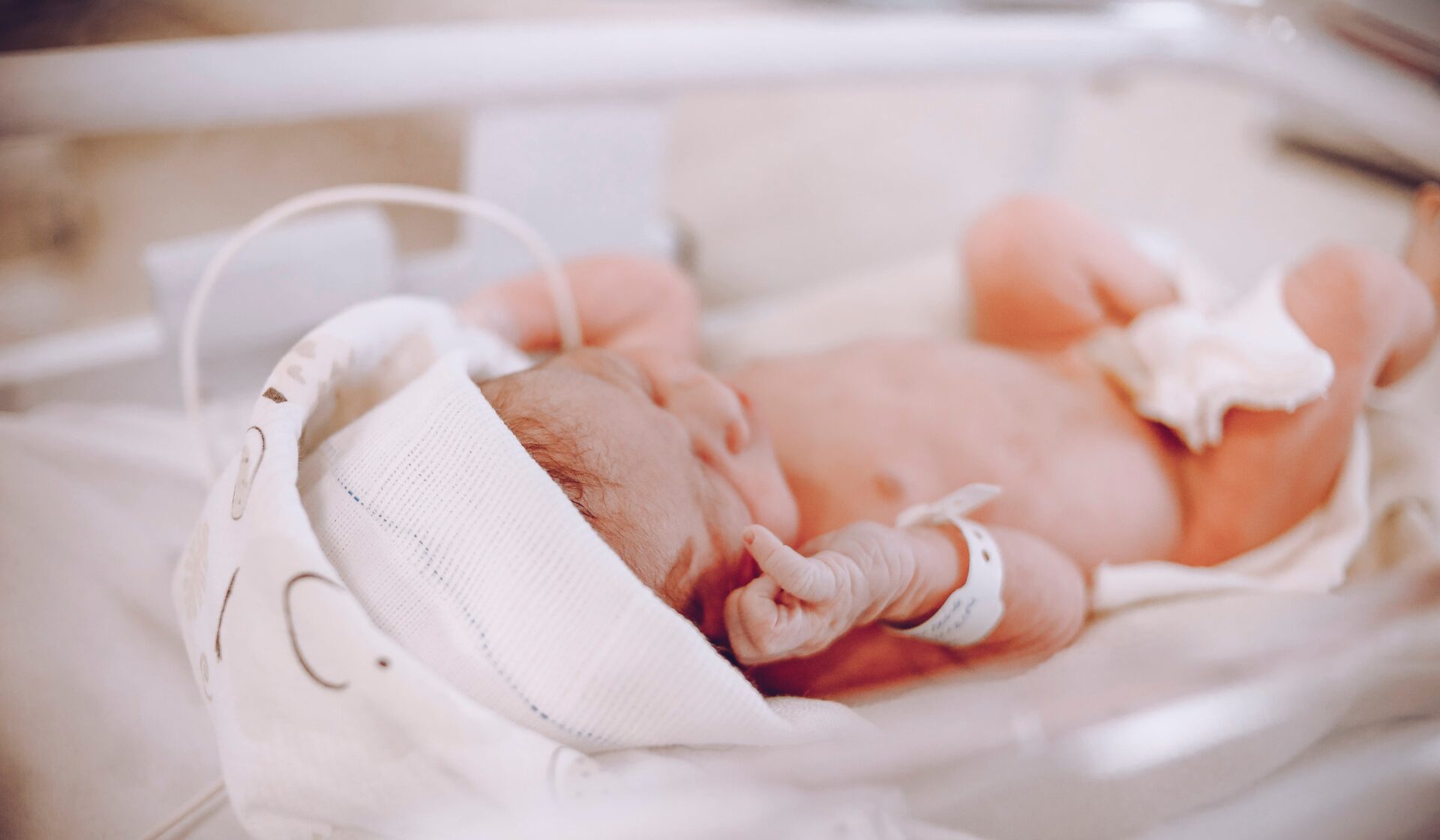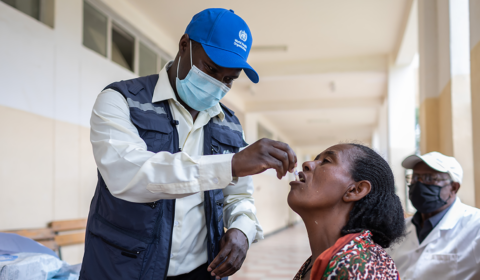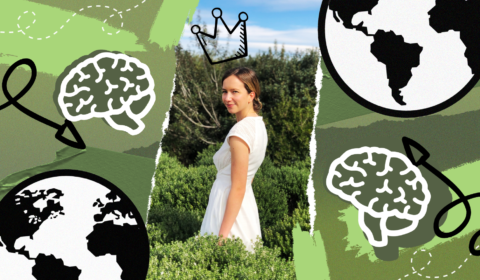According to a new study, exposure to cold or heat stress, particularly in the latter stages of pregnancy, leads to children being too large or too small for their gestational age.
Last year was the hottest on record by an enormous margin, with the Earth 1.48°C warmer than pre-industrial levels and dangerously close to the 1.5°C limit set during the 2015 Paris Agreement.
In 2023, the average global temperature was 0.17°C higher than in 2016, the previous hottest year on record.
Though nowhere near as catastrophic as they’re set to be if we cross the threshold – think, an uptick in insect-borne diseases, stresses on food production, and the eradication of entire ecosystems – the repercussions of this are already palpable, with recent months a flurry of extreme weather, natural disasters, biodiversity loss, droughts, and wildfires.
Aside from the deeply concerning environmental impacts of global warming, rising temperatures are also drastically affecting human health.
As we know, the ecological emergency is altering the way our brains function, augmenting the death rate from cardiovascular and respiratory diseases, and weakening our immune systems.
Not only this, but according to a new study, it’s taking its toll on people who have yet to be born.
Carried out by experts from the Curtin School of Population Health in Perth, the research examined more than 385,000 pregnancies in Western Australia between 2000 and 2015.
Using the Universal Thermal Climate Index (UTCI), which describes the physiological comfort of the human body under specific conditions, it focused on exposure to cold or heat stress in the latter stages of pregnancy and found both to significantly increase the risk of abnormal birth weight.




















